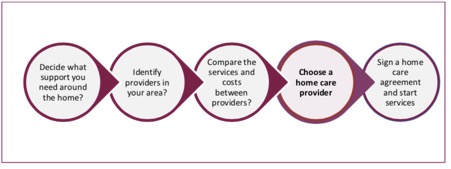
Federal Treasurer Josh Frydenberg MP delivered the budget in Federal Parliament on Tuesday 2 April 2019.
If you are interested in learning more about what changes will occur should the government hold power in the upcoming Federal election, and how they may impact you, then following articles should help.
Federal Government Website
Australian Financial Review
ABC News
News.com.au
If you have any questions or concerns regarding any of the items contained in the budget please give your adviser a call to discuss.
Please contact Integrity One if we can assist you with this or any other financial matter.
Phone: (03) 9723 0522
Suite 2, 1 Railway Crescent
Croydon, Victoria 3136
Email: integrityone@iplan.com.au
This information is of a general nature and does not take into consideration anyone’s individual circumstances or objectives. Financial Planning activities only are provided by Integrity One Planning Services Pty Ltd as a Corporate Authorised Representative No. 315000 of Integrity Financial Planners Pty Ltd ABN 71 069 537 855 AFSL 225051. Integrity One Planning Services Pty Ltd and Integrity One Accounting and Business Advisory Services Pty Ltd are not liable for any financial loss resulting from decisions made based on this information. Please consult your adviser before making decisions using this information.








